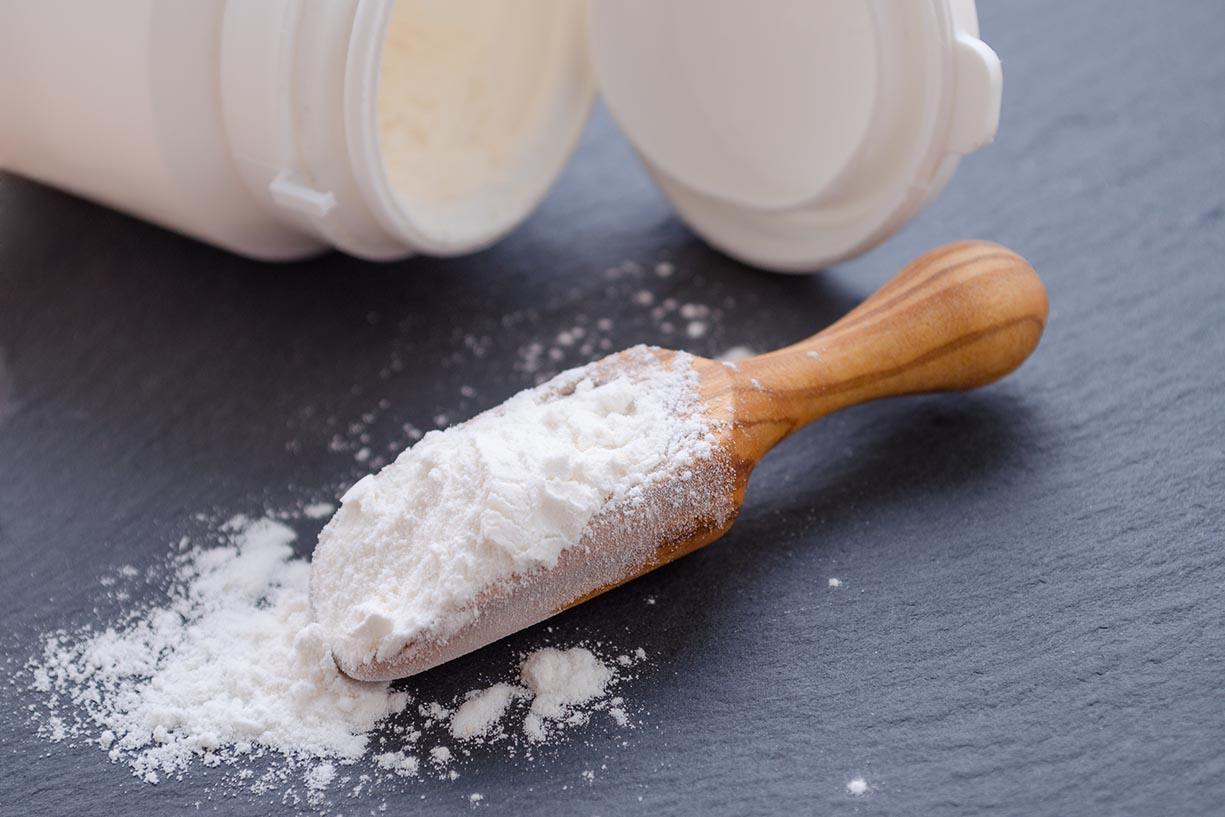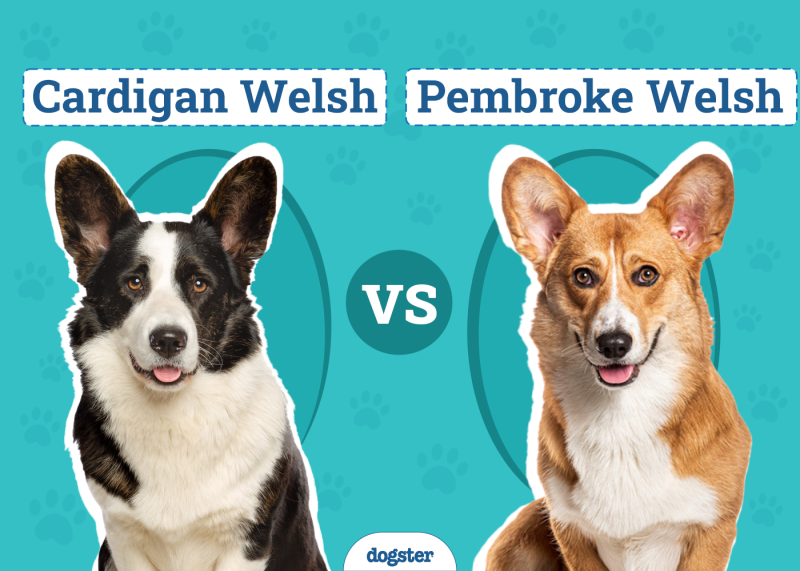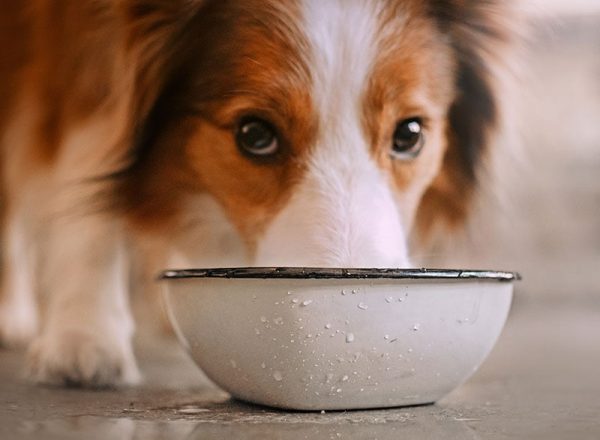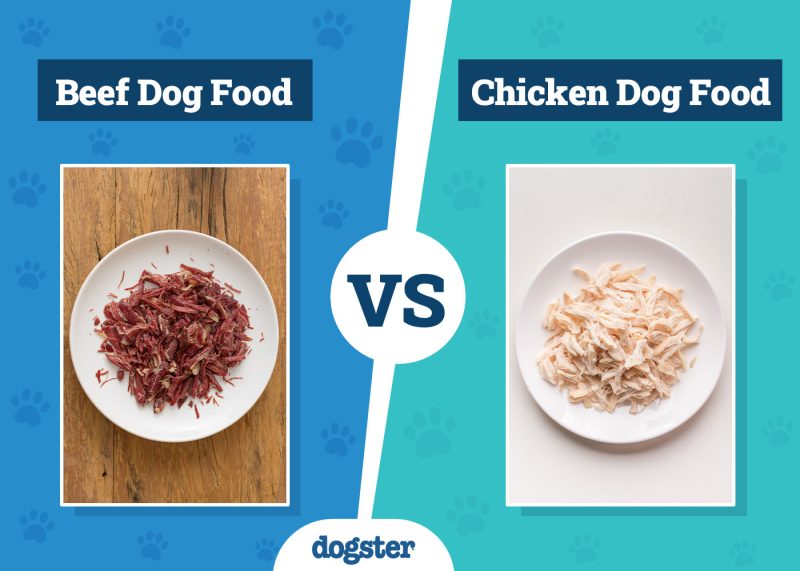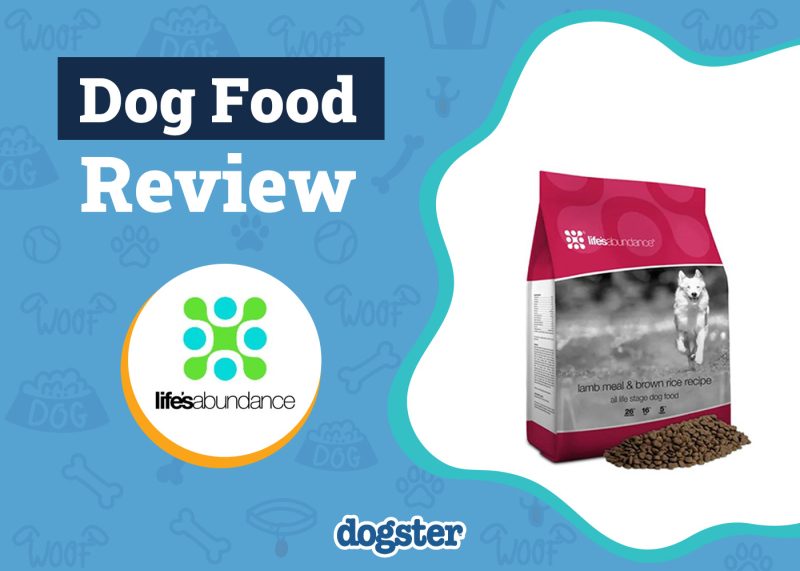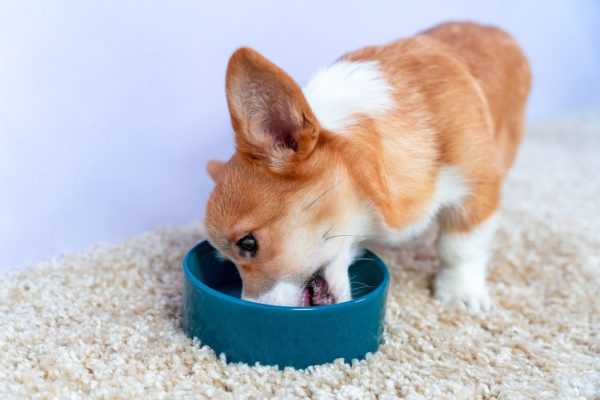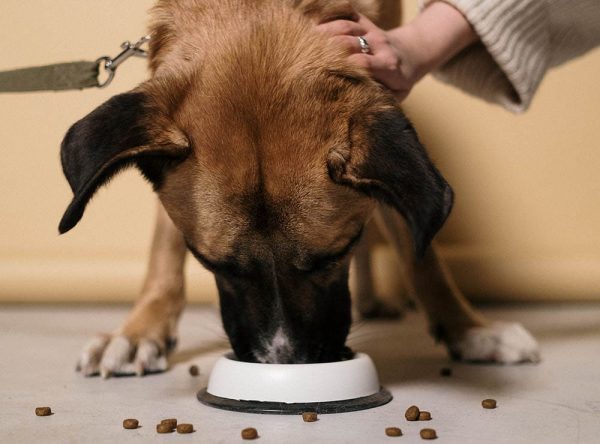Inulin is a type of hormone growing in popularity because scientists have linked it to several health benefits for humans. It is natural to wonder if it is also healthy for dogs. The short answer is yes. Your pet will receive plenty of health benefits from eating inulin.
However, there are a few downsides too. Keep reading as we discuss the positive and negative aspects of feeding inulin fiber to your pet.

What Is Inulin?
Inulin is a type of fiber that occurs naturally in plants and roots. You can frequently find it in probiotics and many other supplements for dogs and humans. You can also find it as an ingredient in many brands of dog food. A wide variety of fruits and vegetables contain inulin, and you can also buy it as a supplement in many health food stores or online.
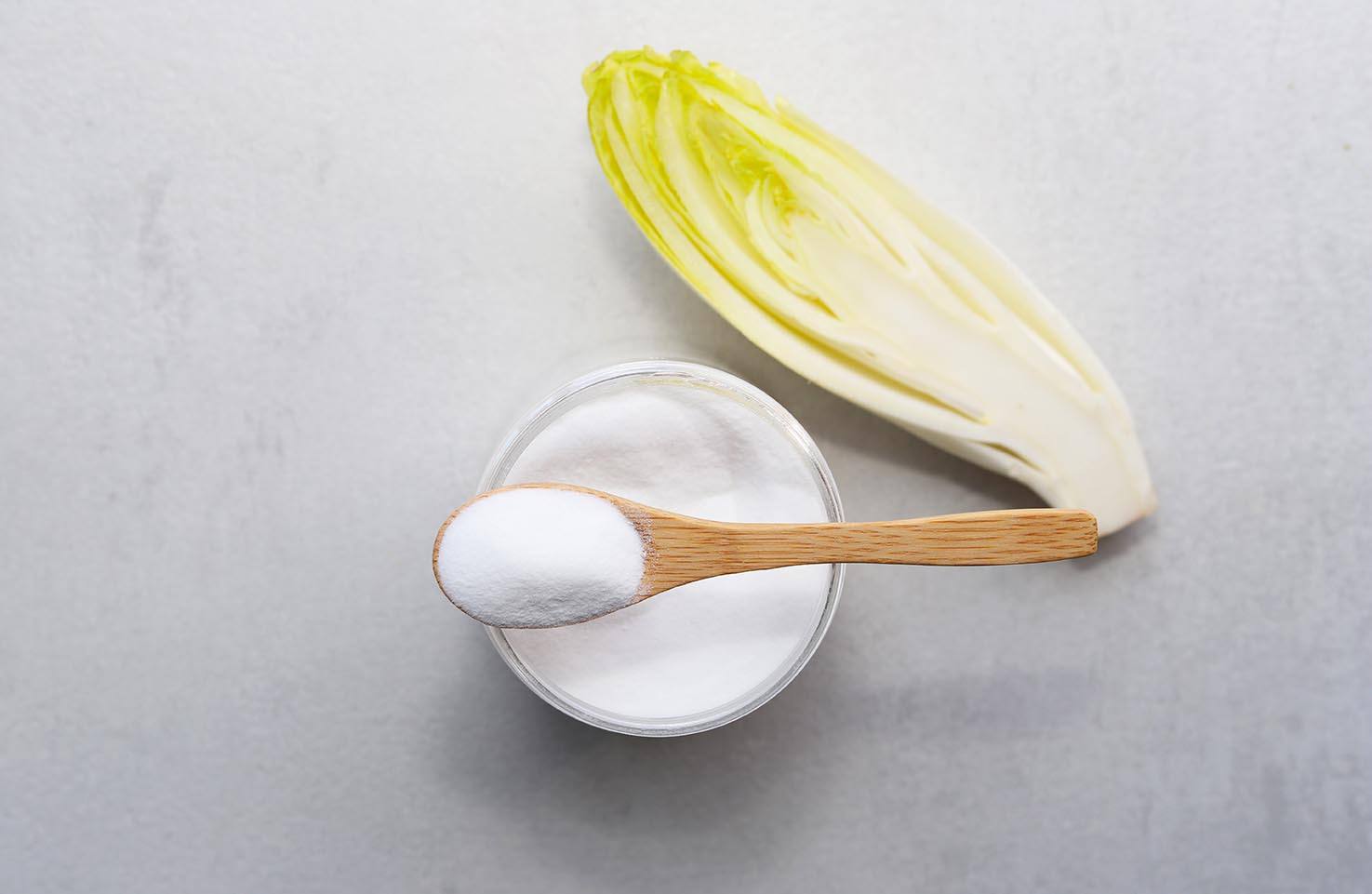

Benefits and Uses of Inulin for Dogs
Encourages Growth of Beneficial Organisms
Many manufacturers use inulin in their probiotics because it is a prebiotic, and this means it feeds and therefore encourages the growth of good bacteria in the gut. Good bacteria can fight off bad bacteria, which is a result of poor eating habits. A large percentage of the immune system is in the digestive tract, so boosting good bacteria can help protect your dog from pathogens and disease.
Improves Digestion and Nutrient Absorption
Inulin can help improve digestion. The good bacteria that this fiber helps build in your pet’s gut will digest the food quicker and more completely. Better digestion helps your pet receive more nutrients from the food, and the nutrients will be easier to absorb.
Helps Dogs That Have Difficulty Absorbing Fat
Some dogs with sensitive digestive systems can have problems digesting food with high fat content. Eating foods with a large amount of fat can cause your pet to have diarrhea. The inulin fiber can help your pet’s digestive system manage the fat better.
Inulin can also help control how much water is in the digestive system, relieving diarrhea signs.
Helps With Inflammatory Bowel Disease
Inflammatory bowel disease is a condition where your dog’s small intestine frequently gets inflamed. Food allergies, sensitivities, bacteria, stress, and a weak immune system are all common triggers of this condition, which you might be able to control or prevent using inulin to boost the good bacteria in your pet’s gut.

Has Antioxidants Activity
Besides inulin’s ability to increase good bacteria, it also benefits the digestive system through its antioxidant activity. Inulin can help protect the gastrointestinal mucosa and submucosa from the oxidative damage caused by bacterial-derived particles called lipopolysaccharides.
Promotes Weight Loss
Being a soluble fiber, inulin will help your pet feel full longer, so they will be less likely to look for food between meals. Since fiber helps control hunger, it can be a great tool for weight loss. Inulin can also help maintain a consistently healthy weight for the long term.
Regulates Blood Glucose
Studies suggest that inulin is useful for which makes it a powerful tool to help prevent diabetes, and it makes it easier to control glucose and energy levels throughout the day between feedings.

Side Effects of Inulin on Dogs
Flatulence
Unfortunately, the plant matter fiber in inulin can cause your pet to generate a large amount of gas, resulting in smelly flatulence that can be uncomfortable. This gas may subside after several uses, though, so it might be helpful to ease this supplement into your pet’s diet to give their gut bacteria time to adapt.
Gut Growling
Inulin contains a large amount of fiber, which can cause your pet’s gut to begin growling. In many cases, you will be able to hear the growling across the room, but these noises should subside as your pet adapts to consuming the inulin supplement.

Stomach Cramps
One problem that often accompanies the consumption of inulin is mild stomach cramps caused by the excessive gas from the fermentation of the fiber provided by the supplement. These pains will normally go away after a few uses, as your pet’s gut adapts to the supplement, and should not cause any serious health issues.
Before giving any new medication to your dog, we recommend you consult a veterinarian for the best advice on which would be the best treatment for your pup.
If you need to speak with a vet but can't get to one, head over to PangoVet. It's our online service where you can talk to a vet online and get the advice you need for your dog — all at an affordable price!

How Much Inulin Should You Give To Your Dog?
While inulin is sometimes used as part of dog food recipes and as an ingredient in some digestive supplements for dogs, optimal inulin inclusion levels in diets have yet to be established. Inulin can have a beneficial effect on the dog’s gut microbiome, but like other fibers, its excessive inclusion can affect protein digestibility. Factors such as age, diet, and environment also affect a dog’s digestive health and since each dog’s digestive system is so unique, we do not have a specific dose that will work for every dog. In other words, you need to work along with your veterinarian to figure out if inulin will benefit your dog and how much of it should your dog get daily.

Conclusion
Inulin can be a powerful supplement that can help balance your pet’s digestive system to help reduce the frequency of diarrhea and constipation, along with several other health benefits. Most of the side effects are minor and will subside after a few meals. These problems are the result of eating any high-fiber diet, not because this specific supplement isn’t good.
Inulin can also help dogs with diabetes and weight loss, so it’s a great overall supplement to add to your pet’s diet.
Related Dog Reads:
- Can Dogs Eat Eggs? Vet-Reviewed Facts and FAQs
- 17 Quiet Dog Breeds That Don’t Bark Much (With Pictures)
Featured Image Credit: nadisja, Shutterstock

